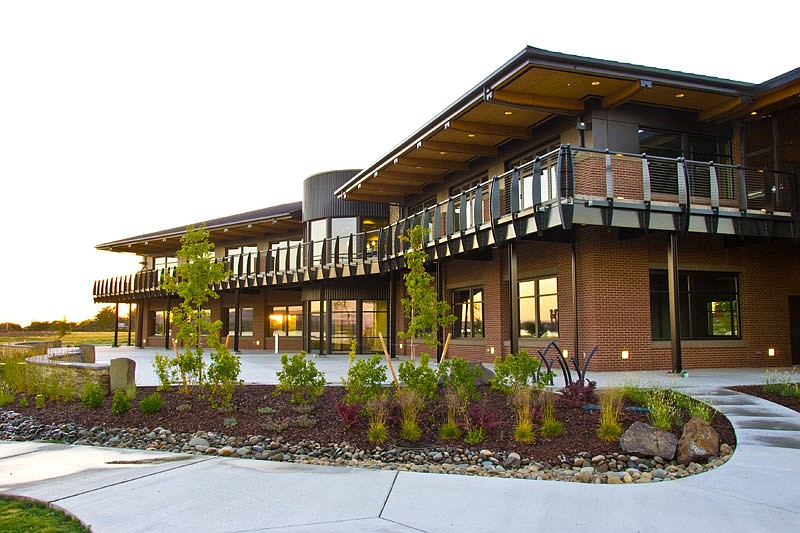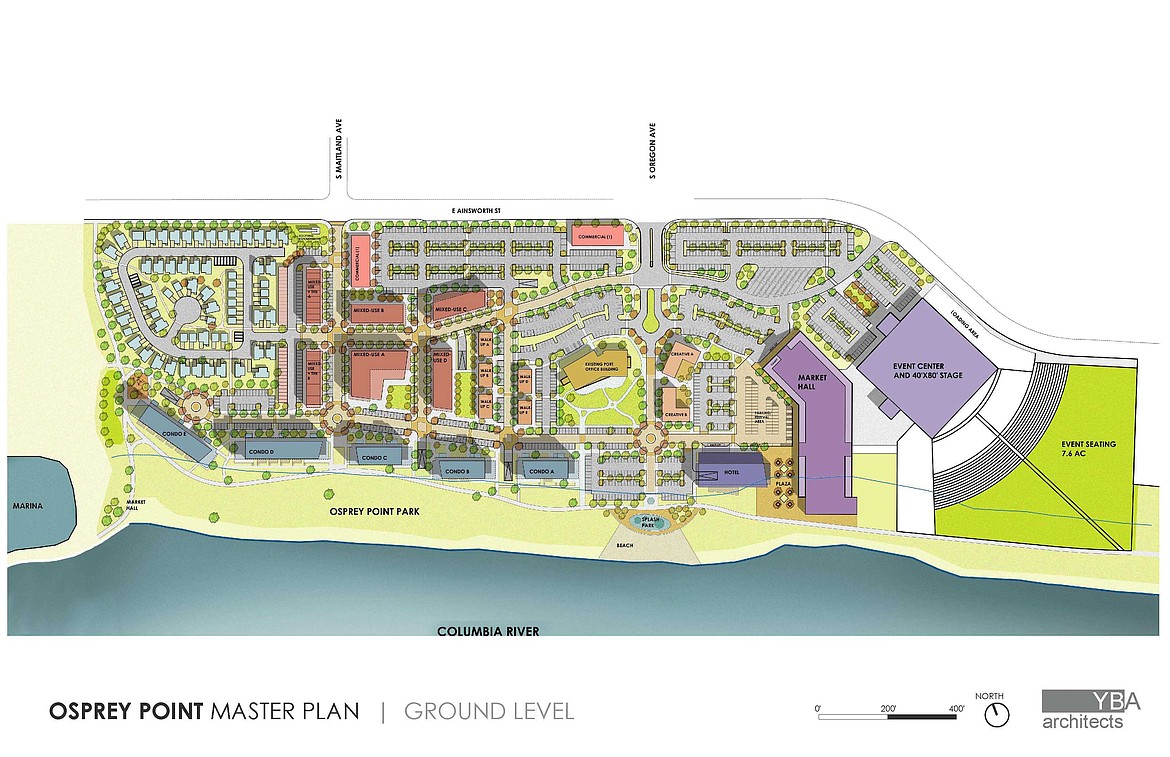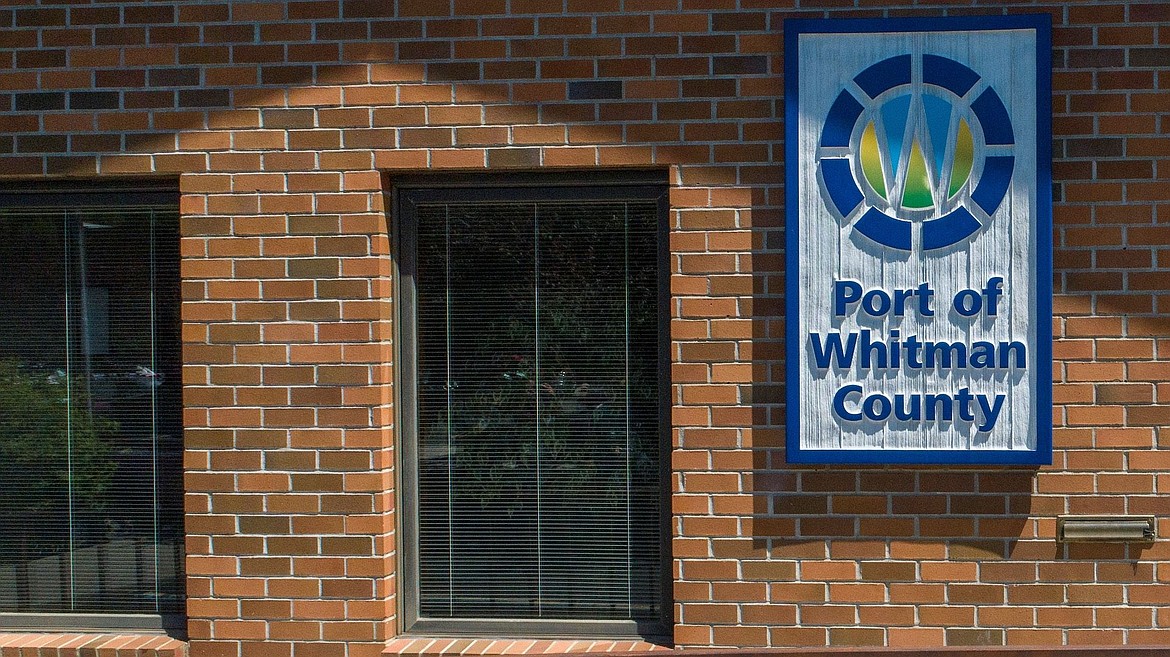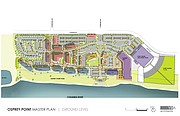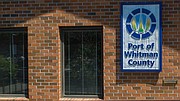Port districts support local economies
EASTERN WASHINGTON — The word “port” is a bit misleading when it comes to port districts in Washington. No body of water is required to be considered a port in this state. Rather, ports are set up as municipal districts run by an elected board of commissioners.
“Ports in Washington State are a different animal than most other states,” said Randy Hayden, Executive Director with the Port of Pasco. “We have the most ports of any state in the country because of the broad definition of what port authorities are in Washington.”
According to the Port of Pasco’s website, ports can serve many different functions, and are usually unique to the specific regions, counties, and cities that they incorporate. The Washington Public Ports Association website lists the many possible functions of ports in Washington, which can include economic development, trade and transportation, cargo and freight mobility, public works, environmental programs, land development and community engagement.
What doesn’t change is how important these ports are to their locations’ economies. For example, economist Steven Peterson said in a 2022 Economic Contribution Study of Whitman County that the Port of Whitman was arguably the most impactful economic development agency in the region.
Patty Kieburtz, assistant director of communications at the Port of Whitman, said in an email to the Columbia Basin Herald that entrepreneurial firms and related operations associated with the port accounted for an economic output of $1.7 billion and fostered more than 5,000 jobs in the county.
Diana Ruchert, Executive Director of the Port of Garfield County, said that the operations of the port are vital to Garfield County for land development and leasing, updated infrastructure like their recently installed broadband project, providing internet to 700 homes in the county, and operating public facilities like the county’s RV park and marina.
“We’re the smallest port, though we’re an active port,” said Ruchert. “It’s pretty much the same as every other Port. We’re just small, and our community is small, so our budgets are small.”
Not only are ports in Washington unique from those in other states, but ports in eastern Washington can differ greatly from the west side of the state as well. One big difference, said Hayden, is that ports on the Columbia River in eastern Washington are heavily focused on operating shallow draft barges to transport wheat and other grain west, but western ports on the river are focused on ocean-bound transportation.
“The other difference is land prices and availability,” said Hayden. “It’s going to depend on which port you talk to but just in general land in western Washington is so expensive and scarce that a lot of times ports there will lease their land only, whereas here in eastern Washington we do lease land but we’re also willing in some circumstances to sell the land to promote economic development.”
Hayden said that economic development was one of the Port of Pasco’s primary goals, which begins with attracting industry and corporations to eastern Washington.
“We can either do that by connecting prospective businesses with private landowners, or we’re pretty successful in going out and buying land and putting in infrastructure, working with our partners in the city and the county and PUD to develop that land for industrial purposes and sell it off,” said Hayden.
Hayden also said the port is working on a new project along the river.
“We’ve also got a piece of waterfront property on the Columbia River that we’re working with the master developer to put in a mixed used development of residential and more commercial as opposed to industrial space. So restaurants, hotels, offices,” said Hayden.
Kieburtz also said that one of the Port of Whitman’s opportunities for growth is through land development.
“The port recently closed on a 14-acre property in Tekoa. Although a tenant has not yet been chosen to operate on this property, it is the intent of the port to lease to a local business to foster job creation and economic growth,” said Kieburtz.
Even smaller entities like the Port of Garfield are focused at least partially on land development, Ruchert said.
“We’ve been doing a little more urban planning with the city and county…and kind of working on our infrastructure,” said Ruchert.
Another opportunity for growth that both Kieburtz and Hayden mentioned is in science and technology. Hayden said that the Tri-Cities airport, which the Port of Pasco runs, has land within its boundaries that could be used for some sort of aerospace manufacturing, which is a strong industry in Washington.
Kieburtz outlined broader plans regarding the science and technology industry.
“Whitman County is well positioned to foster entrepreneurial endeavors in the science and technology sectors due to its proximity to two land grant research universities. Washington State University and the University of Idaho yield opportunities for researchers to expand upon their research through startup business development, which in turn can foster job creation and economic growth in the county,” she said.
According to the Port of Pasco’s website, most Washington ports are also funded in a similar manner. The Port of Pasco is funded by lease rentals, property tax levies and grants and gifts. Kieburtz said the Port of Whitman is funded by the same three methods, and Ruchert said the Port of Garfield was funded primarily through property tax revenue and leases.
“I think one of the good things about the ports in Washington state is that we do bring a lot of outside funding to the community, for example when we develop our industrial properties we’re typically seeking state or federal grants to help build infrastructure or sometimes buildings, that otherwise just wouldn’t be coming to your community, but because you can show that link between jobs, wages, and property tax benefits we are able to bring in that funding into our community,” said Hayden.
Gabriel Davis may be reached at [email protected].


